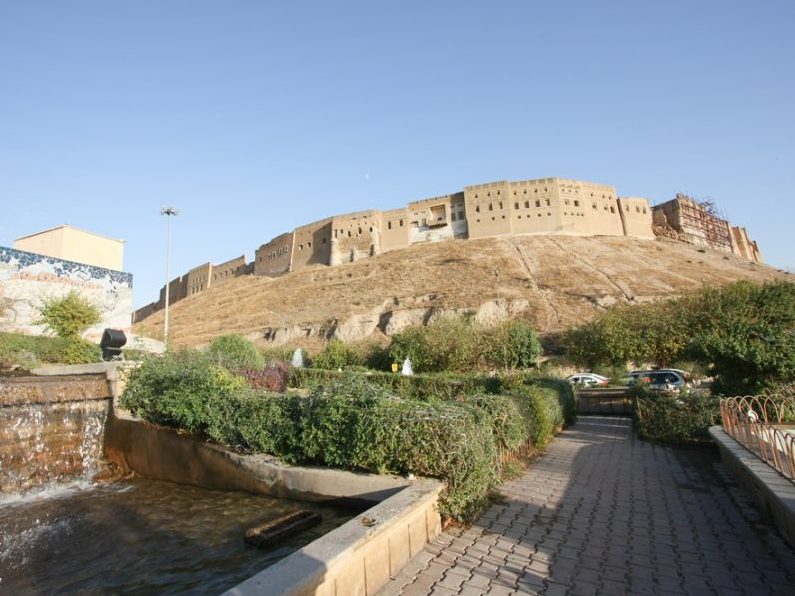
The Iraqi Government has announced that the Covid-19 pandemic constitutes a force majeure for all projects and contracts. The unexpected announcement was communicated by the Crisis Committee and not through a parliament law or court decree, which has created uncertainty in Iraq’s construction sector.
While some contracts in Iraq are governed by Iraqi law, others are governed under English law. It is expected that both types of contract could be impacted by the government announcement. The crude exporting country is struggling to finance measures to contain the pandemic amid a leadership void in the federal government, and the ongoing oil price war between Russia and Saudi Arabia is further aggravating budget shortfalls as losses accrue daily in trade, commerce, tourism and transportation. The government declared a 21-day nationwide lockdown beginning 25 March to curb the spread of the novel virus.
The traditional principle of force majeure is that a party is entitled to suspend performance of its obligations, either in whole or in part, as a result of conditions beyond its control. In Iraq, the risk of operations is amplified by sectarian or tribal tensions, which can be demonstrated through protests, roadblocks and sabotage of sites, materials and pipelines. Companies will scrutinise force majeure provisions to guarantee that their contractual obligations are suspended hand in hand with suspending their physical operations; and shield themselves from any financial penalty resulting from the delay.
Total value of all projects under execution, tracked by GlobalData, in Iraq stands at $138.5bn. Oil and gas projects constitute the highest share of the total pipeline, constituting 61% of the total value. Oil and gas projects currently in execution stage stand at $87.4bn. Those active projects in execution stage could be hampered by the government’s latest declaration.
In its view, GlobalData believes that the latest moves could have serious consequences for Iraq’s construction sector, but it is possible that by publishing extra guidance relating to the announcement the situation could be saved. Until more guidance is given, however, the decree is likely to constitute a source of concern for many companies operating within Iraq’s construction sector.
Looking at the bigger picture, Iraq relies on oil exports to fund over 90% of state revenue. The proposed 2020 budget projected revenues at $56 per barrel but political deadlock has postponed its passing, casting more uncertainty over Iraq’s economic future. So now, the collapse of oil prices and the spread of Covid-19 are likely to impact the country’s GDP, which is expected to grow by 2.7% (revised down from 3.9%) in 2020 according to the latest consensus market. Together this threatens to worsen an already dangerous political situation, and is likely to exacerbate the government’s inability to generate employment opportunities for its predominantly young population.



